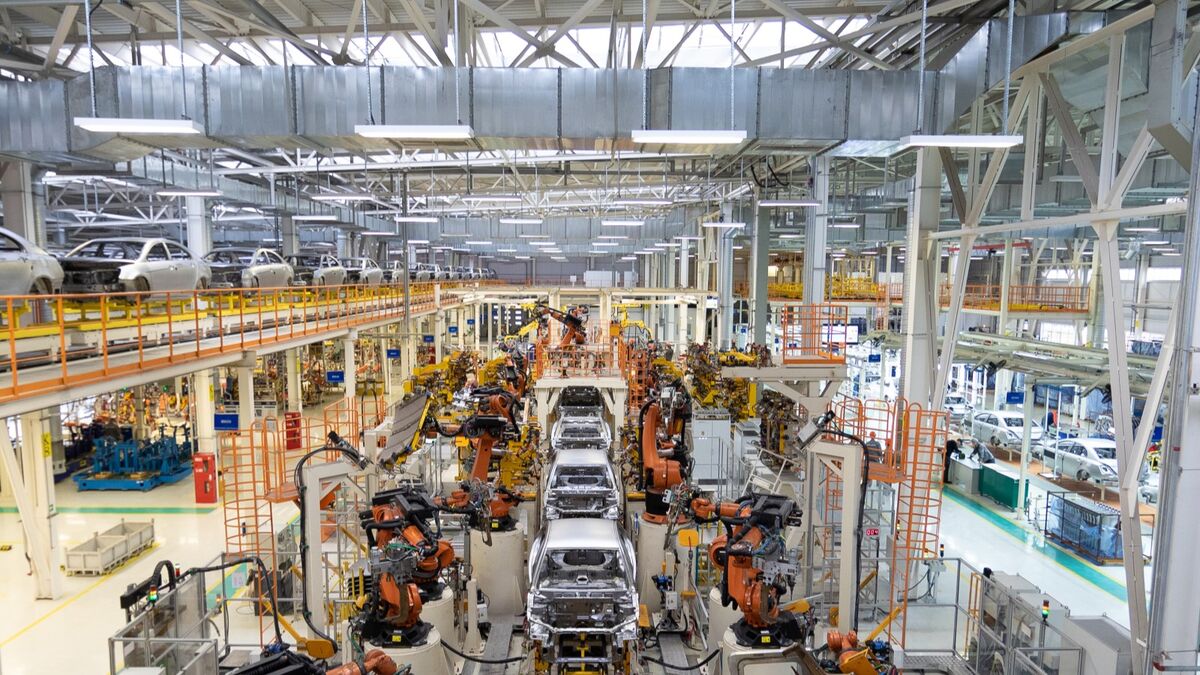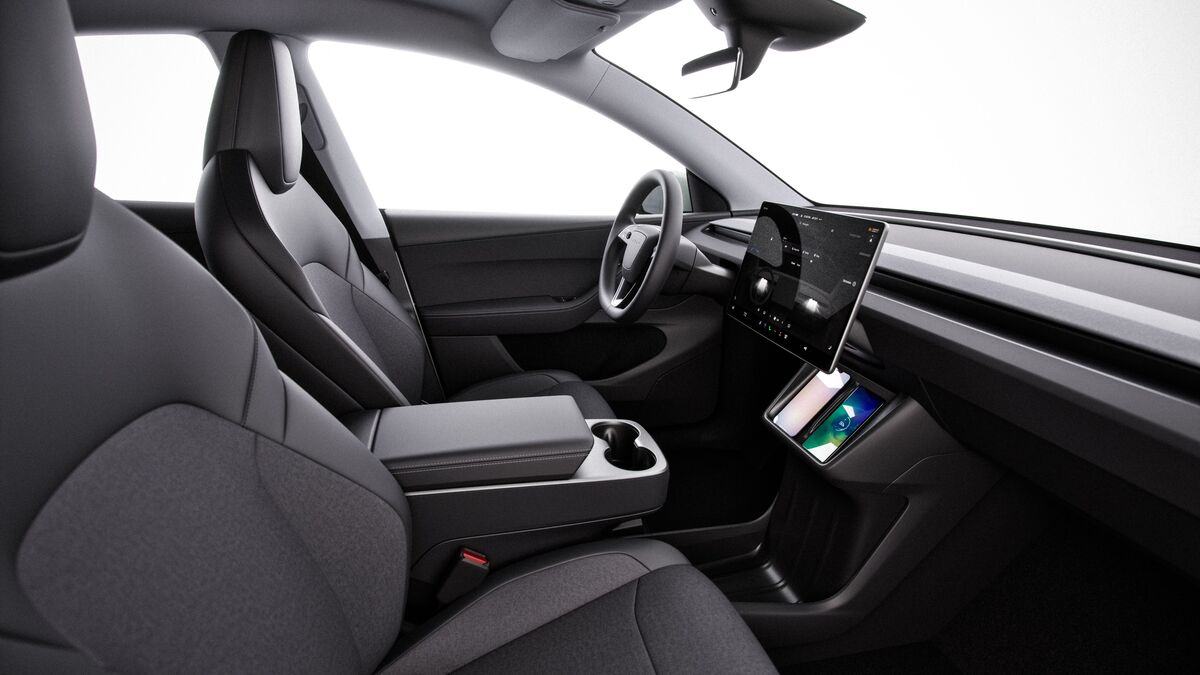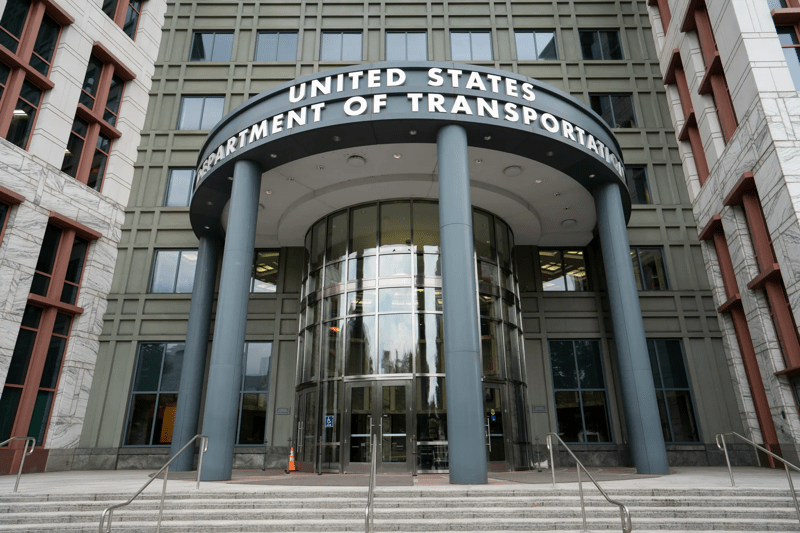- A global microchip shortage pushed new car prices higher in 2022 and 2023 as automakers were forced to trim production
- A political crisis between China and the Netherlands threatens to bring the problem back
Headlines and higher car prices from 2022 could come back soon. A brewing political crisis threatens to limit the number of microchips available to automakers. That could pause factories, lead to shortages of some cars, and trigger price increases.
That’s hard news for car shoppers, as prices are already high. The price of the average new car crested $50,000 for the first time in history last month.
The problem this time is not a pandemic. It’s international relations.
The Associated Press explains that, in mid-October, “The Dutch government took effective control of Chinese-owned chipmaker Nexperia in what it said was a ‘highly exceptional’ move over worries that corporate governance shortcomings pose a potential risk to European economic security.”
In response, China blocked Nexperia from exporting chips from China.
A large trade organization representing vehicle and car parts manufacturers is raising the alarm. MEMA, the Motor & Equipment Manufacturers Association, told Bloomberg that factories are just “two to four weeks away” from “significant impacts” due to the looming chip shortage.
Automakers Need Huge Supplies of Cheap Chips
- Today’s cars are littered with low-power microchips based on old technologies
- Nexperia is one of the few companies that still produces them in high volume
Today’s cars are filled with hundreds of tiny microprocessors, managing everything from cabin temperature to transmission shifts.
While some chipmakers focus on high-power chips like those in laptops and smartphones, Nexperia is a major supplier of the older, lower-power chip technology common in cars.
MEMA Senior Vice President Steve Horaney explained, “A handful of these chips can literally stop production of a full assembly plant.” Because of Nexperia’s unique specialization, “There’s just not that much extra capacity sitting around.”
Ford CEO Jim Farley warned reporters during a recent conference call, “A quick breakthrough is really necessary to avoid fourth-quarter production losses for the entire industry.”
GM CEO Mary Barra echoed, telling investors the company has “teams working around the clock with our supply chain partners to minimize possible disruptions.”
Automakers plan to move away from the low-power chips in the long run.
Some startup automakers, such as Rivian, have pioneered car designs that rely on fewer, higher-power chips. Volkswagen Group, the planet’s second-largest automaker, invested $5 billion in Rivian to access that design for its future cars.
Last week, GM announced plans for a future vehicle architecture dependent on a single, high-speed chip.
But the designs factories build today depend on a steady supply of inexpensive chips. That supply is threatened until the Dutch and Chinese governments resolve their standoff.








